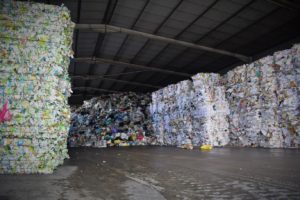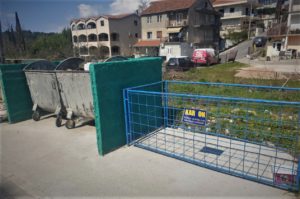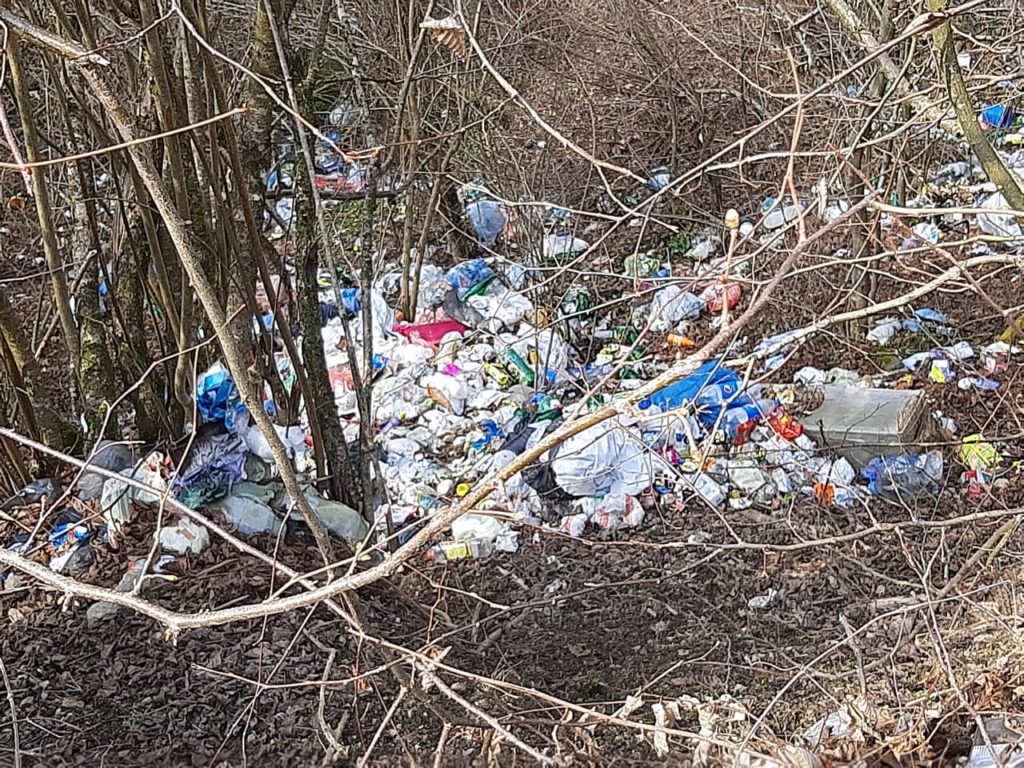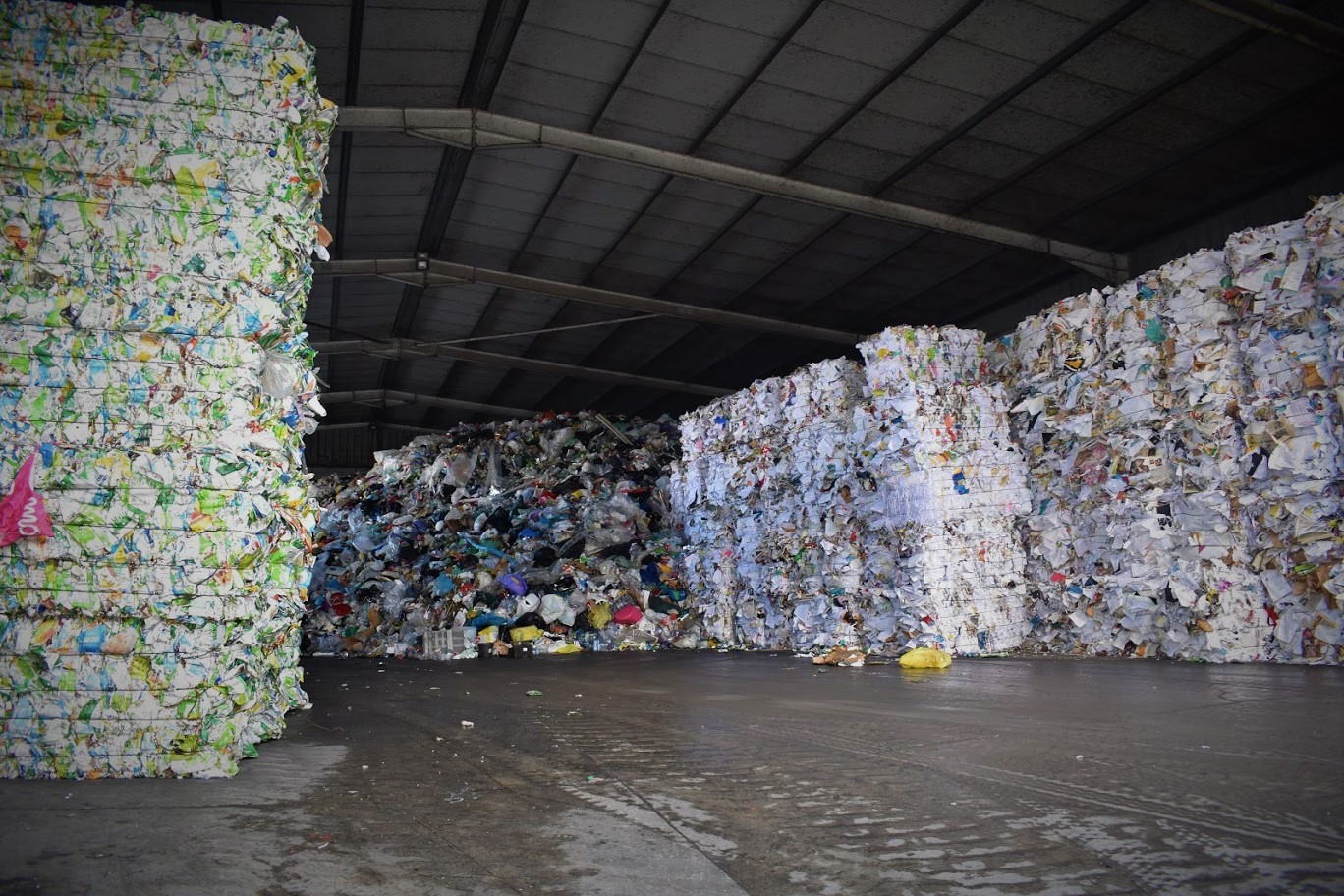
Recycling plant in Braga-Portugal // Lara Oliveira
Since the 80’s, Europe exported its waste to Asian and African countries, deceiving the environmental genesis of recycling and making everyone responsible for sustainable development. The individualistic and uncaring model of society, based on economic growth alone, has proven to be harmful and more permeable to external problems.
Europe has put in place the “Green Deal“, which aims to end the days when waste was someone else’s problem, and looks at this not only as an environmental policy but also an economic and fiscal policy. In this pact, waste is seen as an opportunity to build a value chain that promotes the reintroduction of recycled products into the economy.
Is the circular economy a solution?
The “Green Deal” agenda is to boost the efficient use of resources through the transition to a clean and circular economy. The circular economy aims above all to reduce natural resources and therefore less environmental pressure, starting from the principle of circulation of materials, getting new lives when recycled / reused. Replacing the end-of-life concept of the linear economy, increasingly giving way to the circular one with long range planning leading to more responsible and accountable actions by the communities. However, promoting sustainable development requires an entrepreneurial attitude towards innovation and collaborative work at the international level. In this sense, treating and recycling is a crucial step towards innovation. According to the World Business Council For Sustainable Development (WBCSD) it estimates that the circular economy will be a business opportunity of about 4 trillion euros in 2030. In the case of the current economic recovery, the Organisation for Economic Co-operation and Development (OECD) warns that economic recovery will come with a “green recovery” “working for jobs, income and growth”, this policy brief further reinforces that “a green recovery will significantly increase the resilience of economies and societies in the face of both a severe recession and increasing environmental challenges”.
Two European realities

Recycling points in Montenegro // Teodora Dangubic
The principles of reducing, reusing, recovering and recycling materials and energy and assuming a key element to promote the decoupling between economic growth and the increase in resource consumption are present in the agendas of all European countries.
In Portugal, as in Montenegro, the act of recycling is evolving, but there is still an urgent need for a change in attitudes. Recycling starts with the separation of waste (paper, plastic, glass) and its disposal in ecopoints that are distributed in all localities. However, Montenegro is a little further behind, as waste management in Montenegro is still at a very early stage of development. The current goal is to increase recycling in all municipalities as much as possible, committing to recycle up to half of paper, plastic, metal and glass waste. However, it still has the goal of recycling at least 70% of non-hazardous construction waste.
This reality that emerges from international concern, Recycling, is in the front line of conversations, but a noble question is imposed: “What can be done to effectively change mentalities and motivate the majority of communities to recycle?”. The greatest conviction, both by Portuguese and Montenegrin political measures, is that the need to accelerate a change in environmental attitude and to the European Ecological Pact and the impacts it may have on national and European recovery generated by covid-19, taking advantage of recycling and the circular economy.

The behaviour of some leads to bad scenarios for all // Teodora Dangubic
Webgraphy:
https://www.wbcsd.org/Programs/Circular-Economy/Factor-10
http://www.oecd.org/coronavirus/policy-responses/making-the-green-recovery-work-for-jobs-income-and-growth-a505f3e7/#section-d1e379
https://ec.europa.eu/info/strategy/priorities-2019-2024/european-green-deal_pt
https://observador.pt/opiniao/green-deal-nova-economia-e-reciclagem/
https://eco.sapo.pt/opiniao/residuos-ao-servico-da-economia/




You must be logged in to post a comment.